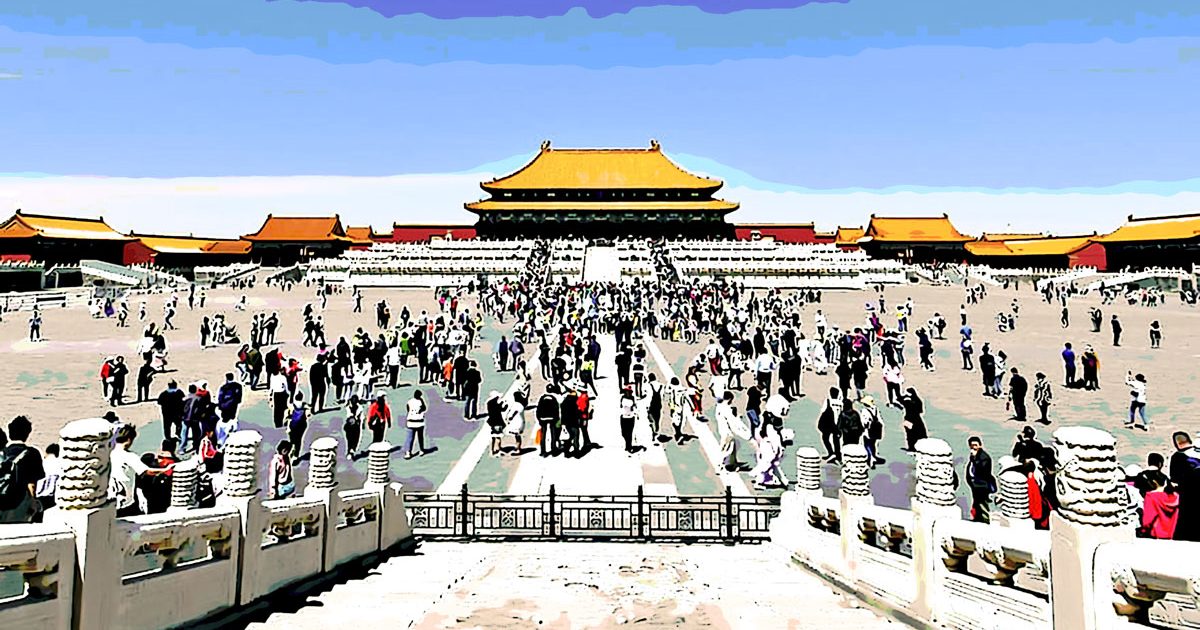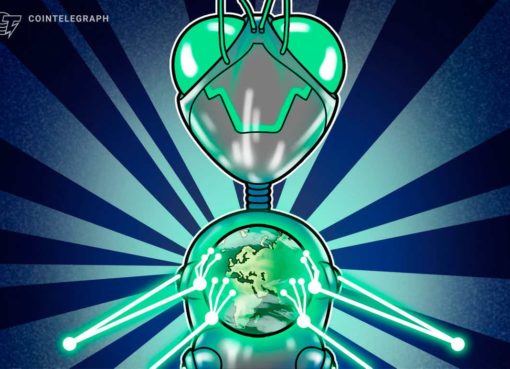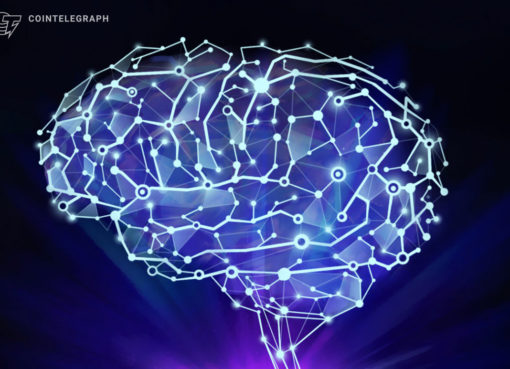Emerging from months of Covid-19 isolation, Macau is now welcoming back mainland tourists through the use of blockchain-based health codes.
Using mutual recognition health code systems based on blockchain technology, more than 17 million people have already traveled between the Chinese mainland and Macau since September 23, when Macau began issuing tourist visas to tourists who hold an electronic health-data pass.
“In the big data era, everyone will eventually benefit from data, and the value of data is from exchanging and sharing data,” said Ruibin Fan, the spokesperson of Webank blockchain, one of the companies that jointly developed China’s open-source blockchain platform FISCO BCOS, which the Macau health code system is based on.
Could Hong Kong — which just opened a travel corridor with Singapore — be next?
In May this year, Macau launched its own health code system in compliance with the territory’s Covid-19 prevention measures. Almost at the same time, mainland China’s cities and provinces created their own version of health codes.
But the health code systems between Macau and Mainland China are not the same nor mutually recognizable, as the mainland and the self-governing gambling mecca have different rules and regulations concerning data privacy.
Blockchain technology helped bridge the two sides and resolved their differences.
Macau blockchain health code is based on FISCO BCOS, which was built jointly by several giant Chinese companies, including Huawei and Tencent’s WeBank. Macau residents’ private information, like identifications and personal health data, is encrypted, with verifiable digital credentials on FISCO BCOS. Macau’s “mutual recognition system” is with Guangdong, the mainland province next to it.
By transmitting encrypted data to mainland China, receivers will be able to verify the integrity of the information in the form of digital credentials as recorded on the blockchain without knowing the individual’s personal information.
According to FISCO BCOS, it takes only 100 seconds for people to receive, transform and generate their health code for the first time, and after that, it takes less than 3 seconds to complete the procedure when the traveler clears customs again.
There may be uses for this technology beyond health data.
“In addition to the medical and health field, where the health code belongs, cross-institutions identity authentication and trusted data-sharing will be required in many other business fields, such as the financial and trade industry,” Fan said.
Due to the Covid-19 outbreak, Macau suspended its tourist visa program in January 2020 to protect public health. But the isolation devastated Macau’s tourism industry, which is the biggest contributor to Macau’s economy. According to Macau government data, from January to August this year, the territory’s total visitors plummeted by 87% and its gross domestic product dropped by 58.2%.
Now that Macau and Guangdong have established a mutual recognition mechanism with their health codes, will Hong Kong — which is just a short drive or a ferry ride from the other two — soon adopt something similar?
Hong Kong’s Secretary for Food and Health Professor Sophia Chan said in a Facebook video earlier this month that Hong Kong has completed preparatory work on its own health code.
In an introductory booklet published by Hong Kong government, the Hong Kong health code would transfer a citizen’s personal information and also Covid-19 test results to the Guangdong health code system or Macau health code system in an encrypted way.
WeBank nor FISCO BCOS did not respond to inquiries by Forkast.News on the Hong Kong health code.
In her video, Chan said that officials are still discussing ‘timeline and conditions’ with the mainland and Macau on the next steps.




